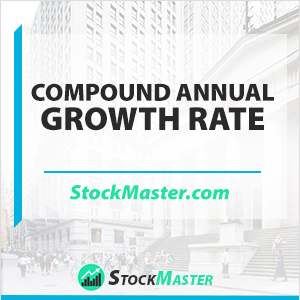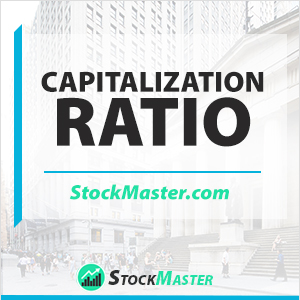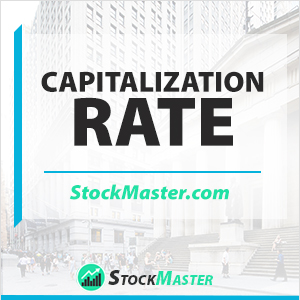Becoming a certified public accountant is a huge step forward in your professional career. Whether you want to work in public accounting, private industry, or governmental agencies, the CPA designation gives you instant creditability and professional respect. CPAs often serve as C-suite executives, controllers, and other officers in public companies. They also perform audits of
Compound Annual Growth Rate (CAGR)
What is Compound Annual Growth Rate (CAGR)? Definition: The compound annual growth rate (CAGR) is considered as the growth rate of an investment per year over a given time while taking into account the impact of compounding. CAGR is an investment’s returns for a specific period and it is a way one can measure the
Average Payment Period
What is Average Payment Period? Definition: Average payment period (APP) also known as days payable outstanding (DPO) is a measure that helps companies and businesses to determine the average number of days taken to pay vendors for credit purchases. This solvency ratio is important for the business as it makes one prepared to pay creditors
Asset Coverage Ratio
What is the Asset Coverage Ratio? Definition: The asset coverage ratio is a measure that tells stakeholders whether a company can cover all its debts using tangible assets or not. This is a crucial financial metric especially to potential investors in a company. Simply, the value enables investors to predict the sustainability of the company
Capital Asset Pricing Model (CAPM)
What is Capital Asset Pricing Model? Definition: Capital asset pricing model (CAPM) is an investing analysis tool that describes and measures the risks as well as expected returns on investing in securities in the market. Investing in the capital markets comes with its fair share of risks in addition to returns up for grabs. Understanding
Capitalization Ratio
What is Capitalization Ratio? Definition: Capitalization ratio is a financial measure that indicates how effective a firm is at utilizing capital to support operations and growth. It also shows the extent to which a company or a business is operating on its equity. Financial experts utilize this metric in risk assessment, as firms with a
Capitalization Rate (Cap Rate)
What is Capitalization Rate? Definition: Capitalization Rate, also called Cap Rate, is an important financial metric that measures the value of real estate investments. The metric indicates the amount of returns that an investor can expect on investing in real estate, taking into account the income that a property generates. Conversely, the capitalization rate indicates
Cash Earnings Per Share
What is Cash Earnings Per Share (Cash EPS)? Definition: Cash Earnings per Share (CEPS) is a measure of the company’s financial performance that compares the amount of cash flow in the company or business relative to the amount of outstanding shares at the end of the year. It is different relative to usual earnings per
Cash Conversion Cycle
What is the Cash Conversion Cycle? Definition: Cash Conversion Cycle (CCC) is a financial metric that shows then the amount of time usually in the day it takes a for a business to convert its inventory investments as well as other assets into cash from sales. Sometimes the measure is referred to as Cash Cycle
Cash Flow Coverage Ratio
What is the Cash Flow Coverage Ratio? Definition: Cash flow coverage ratio is a measure of the company’s cash flow relative to the ability to pay its debt. It measures the ability of the company to make it’s debt payments and meet its debt obligations and expenses within a specific period from the cash it










